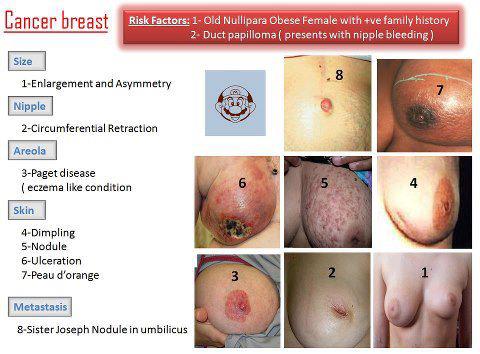A new way to fight obesity
Scientists have studied the effect of protein nesfatin-1, which contains a high concentration in the brain.
Staff at New York University decided to create a technique that allows to control diabetes and obesity through appetite and blood sugar.
Scientists have studied the effect of protein nesfatin-1, which contains a high concentration in the brain. Experiment has shown that when mice were given this protein, they consume less food eaten although often they occur faster oxidation of fatty acids and generally animals became more active. Plus, nesfatin-1 activated insulin secretion. All this might give weight loss.
Adjunct Professor Surai Unnippan told that this protein was discovered by Japanese experts in 2006. Initially it was attributed to the function control of appetite and fat production. Now, however, been proved that it affects more insulin secretion in pancreatic islets of Langerhans. That is, there is a direct and complex relationship between the brain and the gut.
Staff at New York University decided to create a technique that allows to control diabetes and obesity through appetite and blood sugar.
Scientists have studied the effect of protein nesfatin-1, which contains a high concentration in the brain. Experiment has shown that when mice were given this protein, they consume less food eaten although often they occur faster oxidation of fatty acids and generally animals became more active. Plus, nesfatin-1 activated insulin secretion. All this might give weight loss.
Adjunct Professor Surai Unnippan told that this protein was discovered by Japanese experts in 2006. Initially it was attributed to the function control of appetite and fat production. Now, however, been proved that it affects more insulin secretion in pancreatic islets of Langerhans. That is, there is a direct and complex relationship between the brain and the gut.




Comments
Post a Comment